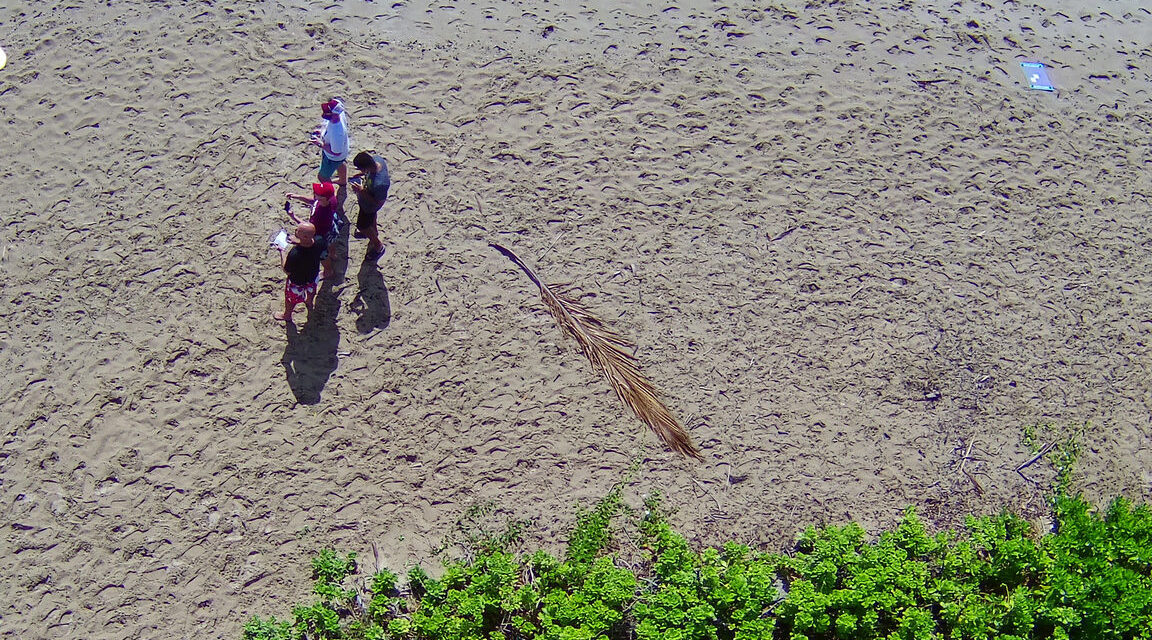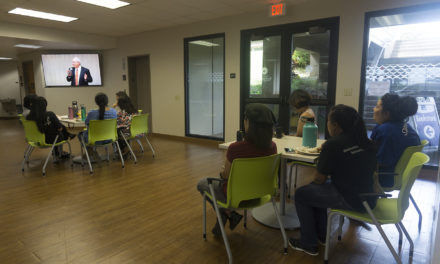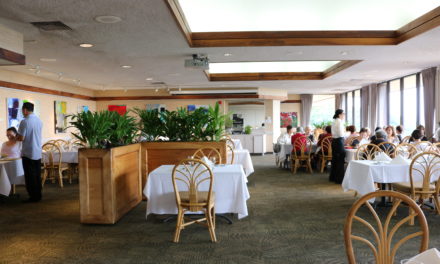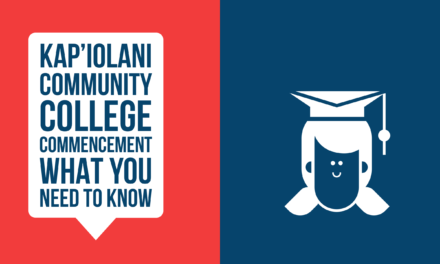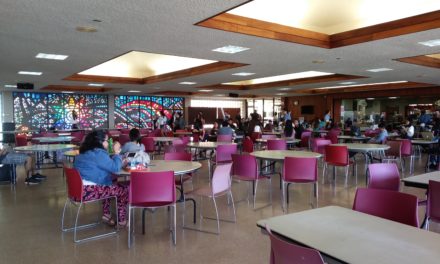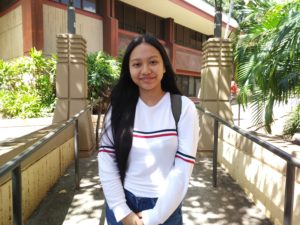By Cameron Enomoto | Staff Writer
With registration for the next semester underway, there are many choices to consider when creating a schedule.
OEST 101, a new course that became available to students in Fall 2021, focuses on the survey of natural hazards and the impact on human civilization due to events in the lithosphere, atmosphere, biosphere, and hydrosphere. Some of these natural hazards include earthquakes, hurricanes, volcanoes, floods, wildfires, and climate change. Additionally, the course covers the impact of humans on their exposure to and mitigation of the hazards.
“One of the most direct benefits of taking the class is becoming familiar with hazards you may encounter in a disaster and how you can stay safe,” said Jacob Tyler, the OEST 101 instructor. “One of my course goals is to educate the public on that and help encourage students to become champions for disaster resiliance in the community.”
The idea for the OEST 101 course began three years ago when Tyler, attended a workshop about building geoscience pathways to the University of Hawaiʻi at Mānoa. This sparked the larger conversation about creating a series of courses for students. The majority of the development consisted of brainstorming, attending workshops, and having discussions with others, though once it was decided that the class would be added to the course catalogm the process did not take long.
An experimental class with the same material was taught last semester to help build out the course and it officially became available this semester.
The course is entirely asynchronous, meaning students will not be required to meet with the instructor in person or via Zoom, to give more people the opportunity to enroll. According to Tyler, the purpose of the course is to get a greater number of students interested in science and STEM in general.
“I hope to have some in-person sections of it when everyone feels a lot more comfortable, but for now I think it has the best reach as an online course,” Tyler said.
There are currently no prerequisites required for the course, however, having an English 100 background would be preferable.
OEST 101 satisfies a DP, which is the diversification in physical sciences requirement, and for future semesters, Tyler will be looking into adding a sustainability designation. However, it is unlikely that this addition will be available for the Spring 2022 semester.
Due to the extensiveness of the textbook, students are asked to answer a poll at the beginning of the semester to choose disasters they would be most interested in learning about. Tyler then modifies the course to meet student interests. Tsunamis, hurricanes, climate change, beach erosion, and impacts with space objects usually top the list.
“Space impacts is an interesting one,” said Tyler. “There’s always more students than I expect interested in hearing about getting hit by a meteor.”
In lieu of a final exam, the course requires students to complete a research project which they will present at the Kapiʻolani Community College Student Undergraduate Research Fair (SURF).
“Students spend the last month of class researching a natural disaster which had some influence on their life, or if it’s not their life directly it could be the life of someone they’re related to or even their community,” Tyler said.
This year, SURF will be held online from 10 a.m. to 4 p.m. from Dec. 7-9.
For more information on the OEST 101 course, email Professor Tyler at jtyler@hawaii.edu. To learn more about KapCC SURF, visit their website here.

